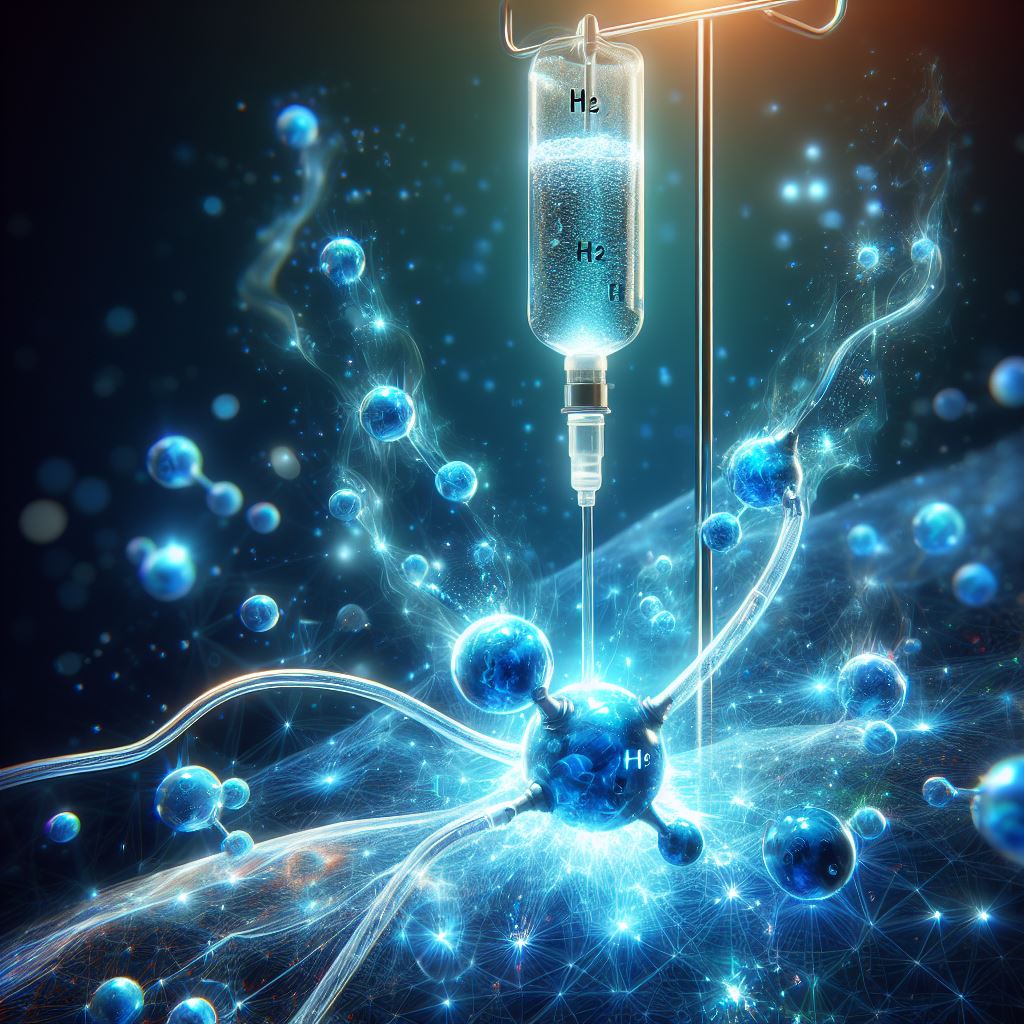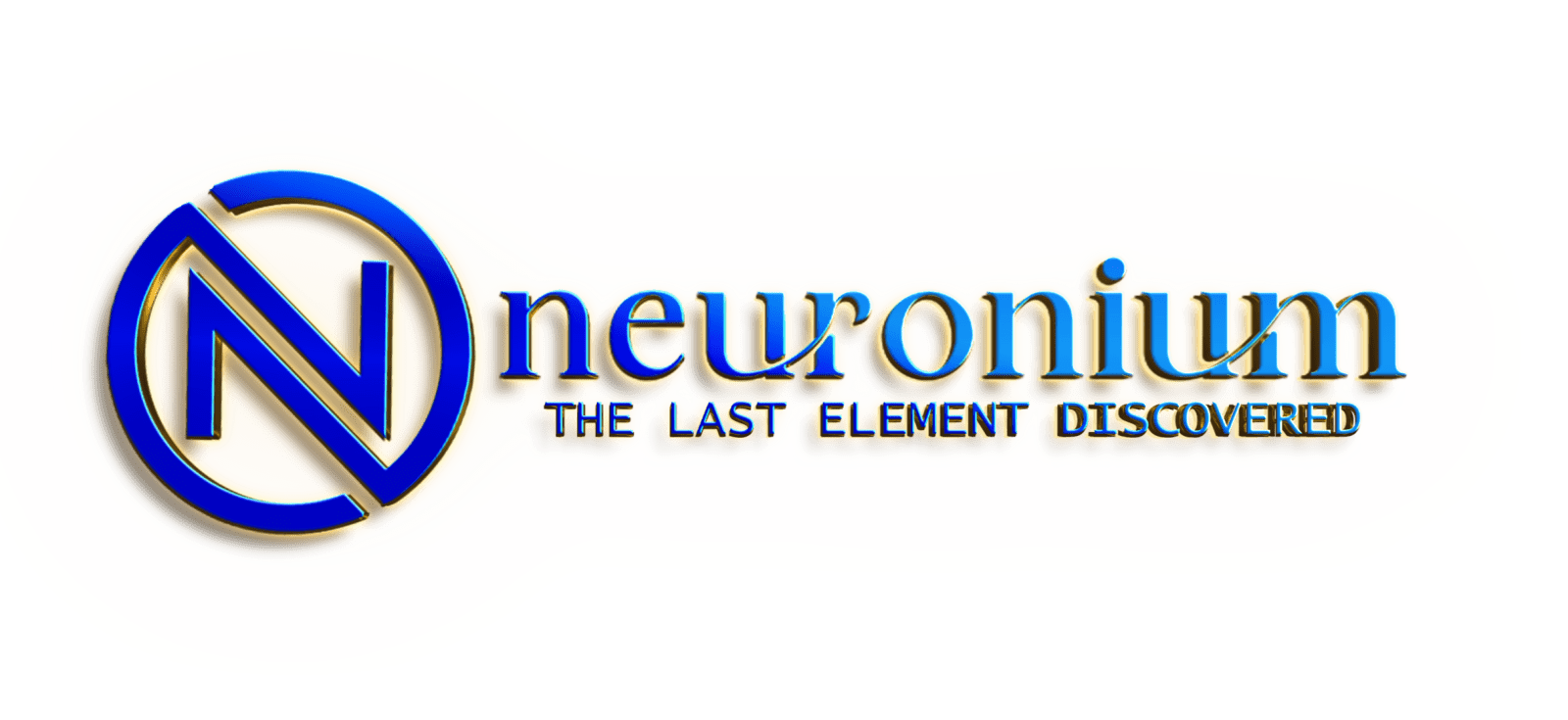Hydrogen gas therapy
- admin
- 04/12/2024
- last update13 April 2024

Hydrogen gas therapy has been explored as a potential treatment for autism spectrum disorder (ASD) . Let’s delve into the research findings:
1. Oxidative Stress and Autism :
– Autism is a neurodevelopmental disorder characterized by social communication difficulties, repetitive behaviors, and restricted interests.
– Oxidative stress is enhanced in some children with autism. It plays a significant role in the neurobiology of autism, affecting symptoms and overall well-being.
– Various markers of oxidative stress, such as lipid peroxidation and altered antioxidant levels, are observed in individuals with autism¹.
2. Hydrogen Gas as an Antioxidant :
– Molecular hydrogen (H₂) has potent antioxidant properties.
– It selectively neutralizes harmful reactive oxygen species (ROS) without affecting beneficial ROS.
– By reducing oxidative stress, hydrogen may protect brain cells and improve overall health¹.
3. Proposed Mechanism :
– Lactulose or Hydrogen Water : It is hypothesized that lactulose (a substance that can produce hydrogen) or hydrogen water may provide a source of hydrogen to reduce oxidative stress in autism.
– By delivering hydrogen, these methods aim to mitigate oxidative damage and potentially improve autism symptoms¹.
4. Clinical Implications :
– While there is no curative treatment for autism, alternative therapies are highly sought after.
– Hydrogen gas therapy is not considered an alternative to conventional treatment but rather a safe method to potentially enhance its effectiveness.
– Further research is needed to fully understand the impact of hydrogen therapy on autism spectrum disorders¹⁴.
In summary, hydrogen gas therapy shows promise as a novel approach for managing oxidative stress in autism. Always consult with healthcare professionals before incorporating any new therapies into an individual’s treatment plan.
- (1) Physical exercise and intermittent … – Medical Gas Research.
- (2) Building The Case For The Support Of Treatment Of Autistic Spectrum ….
- (3) Hydrogen as a novel hypothesized emerging treatment for oxidative ….
- (4) Hyperbaric Oxygen Therapy – Association for Science in Autism Treatment.
- (5) Physical exercise and intermittent administration of lactulose may ….







